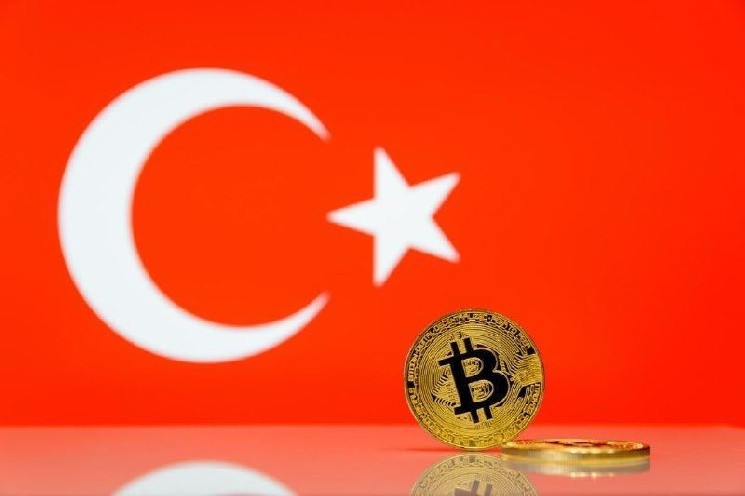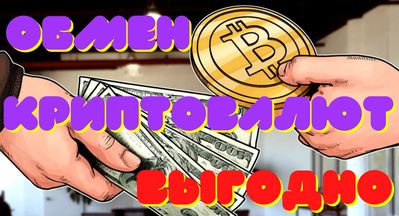Turkish government accused of using Bitcoin to fund deepfake propaganda

Turkey’s upcoming presidential election on Sunday, May 14, is drawing global attention as it could mark the end of President Recep Tayyip Erdogan’s decades-long reign. To make the matter even more interesting, the Turkish current government is facing some serious accusations.
Tuncay Özkan, chairman of the Turkish opposition party (CHP), claims the has learned that the country’s government will produce deepfake propaganda material on DarkWeb against CHP ahead of the elections, local Turkish outlet Kisadalga reported on May 11.
According to Özkan, Turkey’s Directorate of Communications had contacted Kemal Kilicdaroglu, the leader of the opposition party, to inform them that fake videos will be made against the opposition on the DarkWeb. These videos include sound and image content that was manipulated using an artificial intelligence (AI) technology known as deepfake, and Özkan the payment was made to the people who will do this manipulation with (BTC).
“They conveyed that such a thing has been done and that it is against democracy, human rights, and the law. Because they were not comfortable with their conscience, they came and told us. We also have a list of names,” said Özkan.
The claims come after Turkish President Recep Tayyip Erdogan recently showed an AI-generated video that made Kilicdaroglu appear as if he was praising the PKK – a militant political organization responsible for several terrorist attacks in Turkey.
Expert raises concerns over deepfake propaganda impact
As Turkey approaches the long-awaited presidential elections, AI experts weighed on the deepfake propaganda claims. The Sunday elections are also one of the first major elections in the world to deal with such advanced AI technology.
Henry Ajder, a deepfake specialist, believes this is a concerning matter as such convincing propaganda material could have a significant impact on the final outcome.
“If you can flood sophisticated and very human-sounding speech on large networks and inauthentic accounts with one narrative, that could obviously play a role in taking over a sphere.”
– Ajder said
While there are online tools that can verify the provenance of such content, they pose a risk of building a media hierarchy. For instance, if the content is not certified, people can label it “as fake when convenient,” Ajder said.







 Bitcoin
Bitcoin  Ethereum
Ethereum  Tether
Tether  Dogecoin
Dogecoin  USDC
USDC  Cardano
Cardano  TRON
TRON  Chainlink
Chainlink  Bitcoin Cash
Bitcoin Cash  LEO Token
LEO Token  Litecoin
Litecoin  Ethereum Classic
Ethereum Classic  Cronos
Cronos  Stellar
Stellar  Dai
Dai  Monero
Monero  Stacks
Stacks  OKB
OKB  Hedera
Hedera  Cosmos Hub
Cosmos Hub  Theta Network
Theta Network  Maker
Maker  KuCoin
KuCoin  Gate
Gate  Algorand
Algorand  Polygon
Polygon  EOS
EOS  NEO
NEO  Tezos
Tezos  Zcash
Zcash  Tether Gold
Tether Gold  Synthetix Network
Synthetix Network  TrueUSD
TrueUSD  IOTA
IOTA  Bitcoin Gold
Bitcoin Gold  Holo
Holo  Dash
Dash  0x Protocol
0x Protocol  Zilliqa
Zilliqa  Enjin Coin
Enjin Coin  Ravencoin
Ravencoin  Siacoin
Siacoin  Qtum
Qtum  Basic Attention
Basic Attention  Decred
Decred  Ontology
Ontology  NEM
NEM  Lisk
Lisk  Status
Status  Numeraire
Numeraire  DigiByte
DigiByte  Nano
Nano  Waves
Waves  Pax Dollar
Pax Dollar  Hive
Hive  Steem
Steem  Huobi
Huobi  BUSD
BUSD  Ren
Ren  OMG Network
OMG Network  Bitcoin Diamond
Bitcoin Diamond  Bytom
Bytom  Kyber Network Crystal Legacy
Kyber Network Crystal Legacy